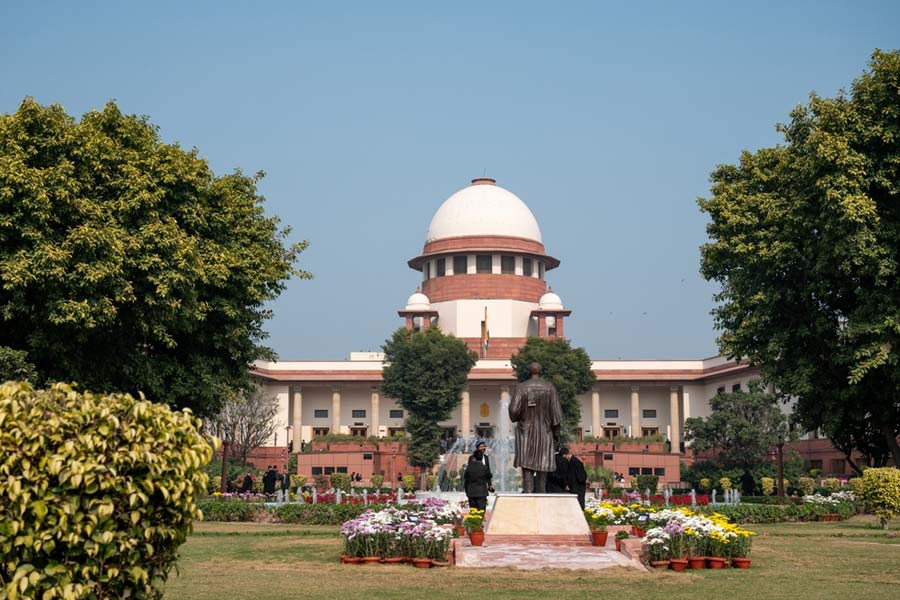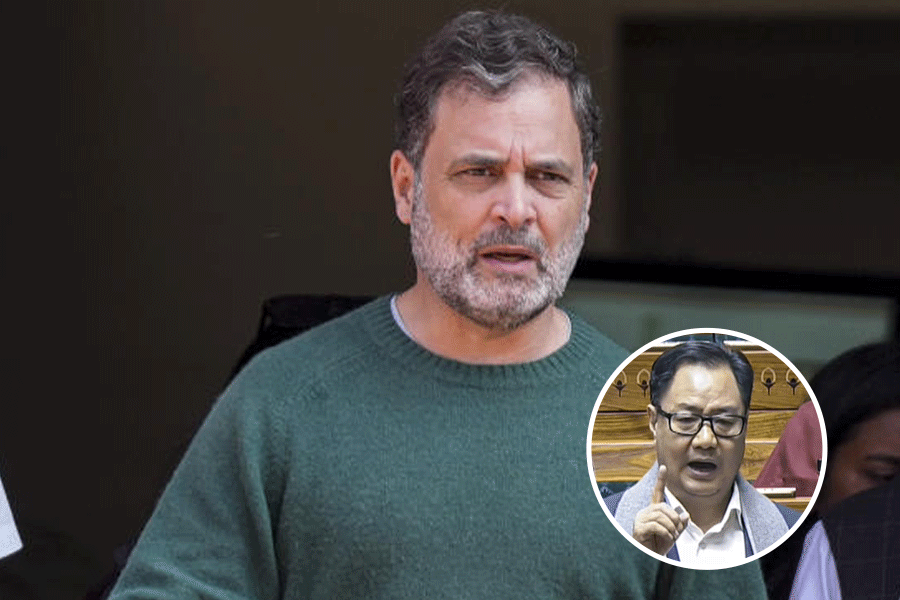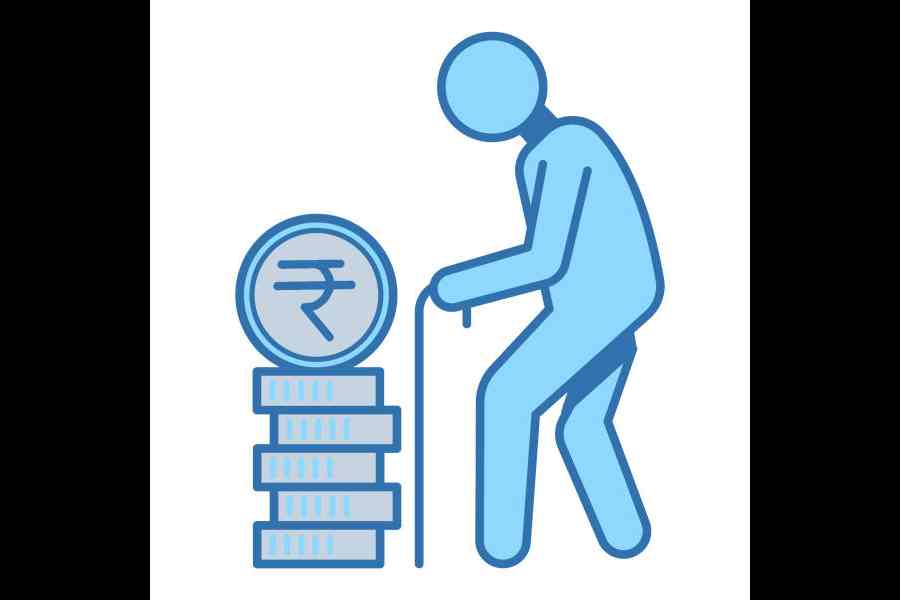The Campaign for Judicial Accountability and Reform (CJAR) on Tuesday condemned the "pick-and-choose" method adopted by the Centre in appointing judges and sitting on recommendations of the collegium.
The outfit of lawyer-activists urged the Supreme Court to pass a judicial order against the government for compliance with the recommendations.
The five-member collegium comprising the Chief Justice of India and the four seniormost apex court judges after him proposes to the Centre the names of high court and Supreme Court judges.
The government has the option of raising objections to or seeking clarification on the names. However, if the collegium iterates the recommendations, the government has to make the appointment.
In recent years, the NDA government has faced criticism from the legal fraternity for sitting on the names of several judges despite the collegium iterating the recommendations.
The CJAR noted "with deep disappointment the recent withdrawal of consent by Swetashree Majumder and Rajesh Datar due to the inexplicable and unconstitutional delays in their appointment as high court judges. Majumder withdrew her consent after her recommendation by the Supreme Court collegium for appointment as a judge of Delhi High Court was kept pending by the government for over a year".
"Datar from Bombay High Court also recently withdrew his consent for appointment as an additional judge of Bombay High Court after his name was segregated by the government from the list of four advocates who were recommended for appointment as additional judges. After having been found suitable in all respects by the collegium of their respective high courts and the Supreme Court, it is unconscionable that they have not been appointed as judges only because the Union government has refused to process their names for appointment," it said.
The CJAR added: “...We reiterate that the practice of picking and choosing names for appointment from the list of names recommended by the Supreme Court collegium has no sanction in law and is a direct violation of the Supreme Court’s judgemnt in the Second Judges (1994) and Third Judges (1999) cases.”
Civil liberties lawyer Prashant Bhushan, RTI activist Anjali Bhardwaj, advocate Cheryl Dsouza, and others are office-bearers of the CJAR.










